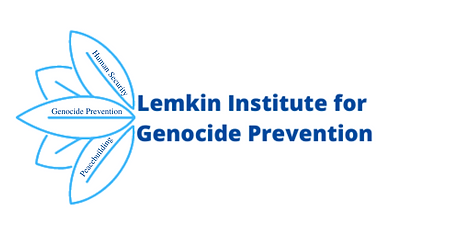Myanmar: UN Report Urges Immediate, Concerted Effort by International Community to Stem Violence

© OHCHR 1996-2022
GENEVA (15 March 2022) – The international community must take concerted, immediate measures to stem the spiral of violence in Myanmar, where the military has engaged in systematic and widespread human rights violations and abuses – some of which may amount to war crimes and crimes against humanity, UN High Commissioner for Human Rights Michelle Bachelet said in a new report today.
The report,* released for the 49th regular session of the UN Human Rights Council, said Myanmar's military and security forces have shown a flagrant disregard for human life, bombarding populated areas with airstrikes and heavy weapons and deliberately targeting civilians, many of whom have been shot in the head, burned to death, arbitrarily arrested, tortured or used as human shields.
Citing the determination of Myanmar's people in their opposition to the coup, Bachelet called on the international community to do all it can to resolve the crisis and hold perpetrators of gross violations of international human rights law accountable.
"Throughout the tumult and violence of the past year, the will of the people has clearly not been broken. They remain committed to seeing a return to democracy and to institutions that reflect their will and aspirations," Bachelet said.
Covering the period since the 1 February 2021 military takeover, the report is based on interviews with over 155 victims, witnesses, and advocates, whose accounts were corroborated with satellite imagery, verified multimedia files, and credible open-source information. Its findings, however, represent only a fraction of the violations and abuses Myanmar’s people have been subjected to since the coup.
At least 1,600 people have been killed by security forces and their affiliates and more than 12,500 people have been detained. At least 440,000 others have been displaced and 14 million are in need of urgent humanitarian assistance, the delivery of which has largely been blocked by the military in new and pre-existing areas of need.
The report concluded that there were reasonable grounds to believe the military, the Tatmadaw, had engaged in violence and abuse as part of a widespread and systematic attack directed against civilians – patterns of conduct that may amount to crimes against humanity.
Mass killings have taken place. In July in Sagaing Region, soldiers killed 40 individuals in a series of raids; villagers found the remains of some victims with their hands and feet still tied behind their backs. In December in Kayah State, soldiers burned the bodies of up to 40 men, women and children; villagers described discovering the remains in several trucks, with bodies found in positions indicating they had tried to escape and were burnt alive.
Detainees reported facing torture and other forms of ill-treatment during lengthy interrogations in military detention centres across Myanmar. This reportedly included suspension from the ceiling without food or water; being forced to stand for extended periods while in solitary confinement; electrocution, sometimes alongside injection of unidentified drugs; sexual violence, including rape; and forcing Muslim detainees to ingest pork.
While most of the gross human rights violations documented were carried out by security forces, at least 543 individuals – including local administrators, their families and alleged informants – were also reportedly killed due to their perceived support of the military. Anti-coup armed elements claimed responsibility for 95 of the incidents.
"Meaningful action by the international community is urgently needed to stop yet more individuals from being stripped of their rights, their lives and their livelihoods," Bachelet said.
"The appalling breadth and scale of violations of international law suffered by the people of Myanmar demand a firm, unified, and resolute international response."
(c) 2022, United Nations



